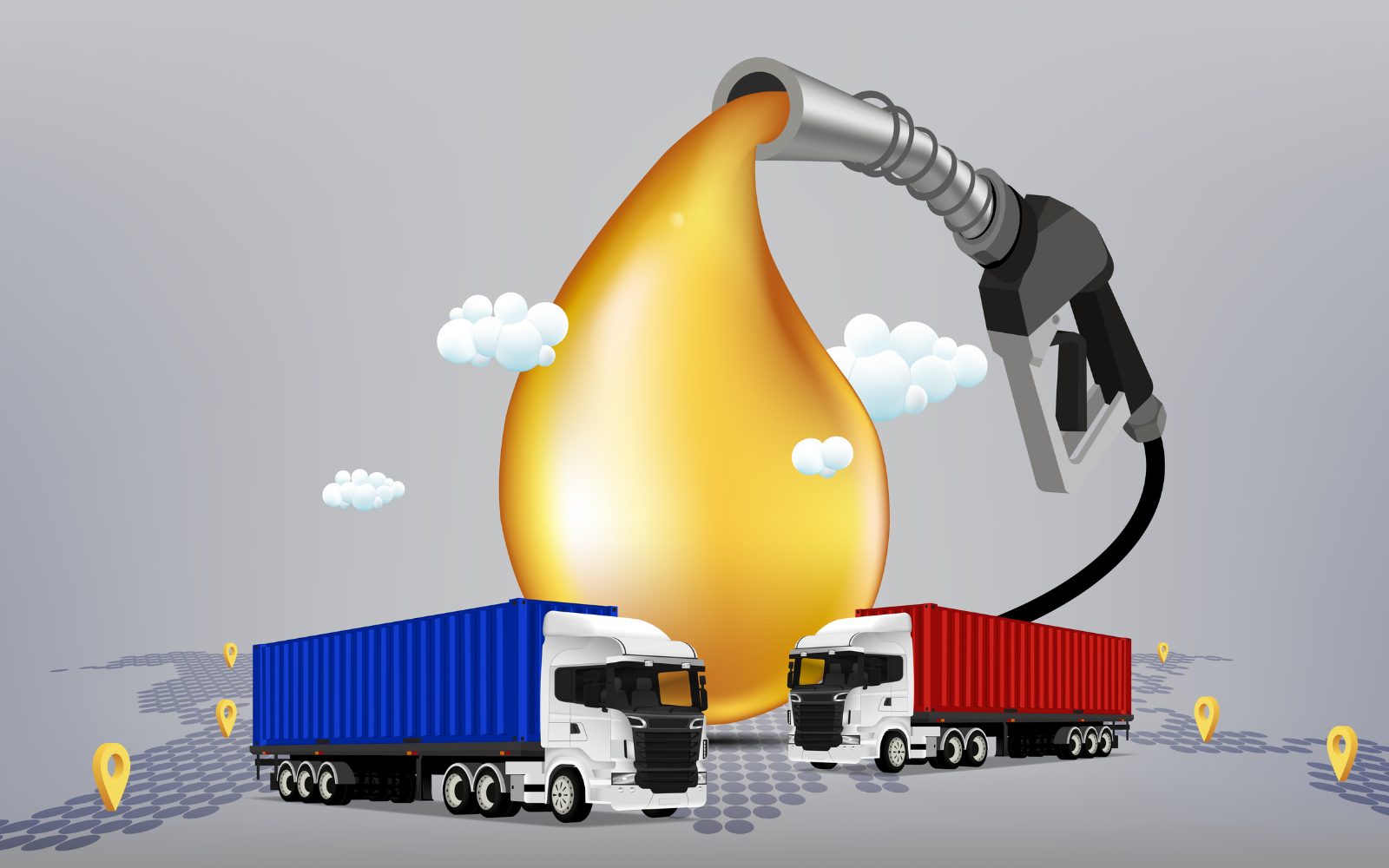
Diesel Turkmen
Premium Diesel with high performance imported from Turkmenistan
burns quicker and more efficiently.
Diesel engines are favored for their efficiency and durability, often delivering better fuel economy compared to gasoline engines. This efficiency arises from the high energy density of diesel fuel and the high compression ratios of diesel engines, which enhance fuel combustion. Historically, diesel engines have been associated with higher emissions of particulates and nitrogen oxides (NOx), leading to concerns about their environmental impact. However, advancements in technology have significantly mitigated these issues. Modern diesel engines are equipped with sophisticated emissions control systems, such as diesel particulate filters (DPFs) and selective catalytic reduction (SCR) systems, which help to reduce harmful emissions and make diesel a cleaner option than it once was. Additionally, the development of biodiesel, a renewable and cleaner-burning diesel alternative, has further improved the environmental footprint of diesel technology. Despite these improvements, diesel’s future faces challenges, particularly from the growing emphasis on electric vehicles (EVs) and renewable energy sources. Governments worldwide are implementing stricter emissions regulations and promoting electric mobility as part of their strategies to combat climate change. Consequently, the diesel industry is adapting by innovating cleaner technologies and exploring hybrid systems that combine diesel engines with electric power. While diesel remains a crucial component of global transportation and industry, its role is evolving in response to environmental concerns and technological advancements